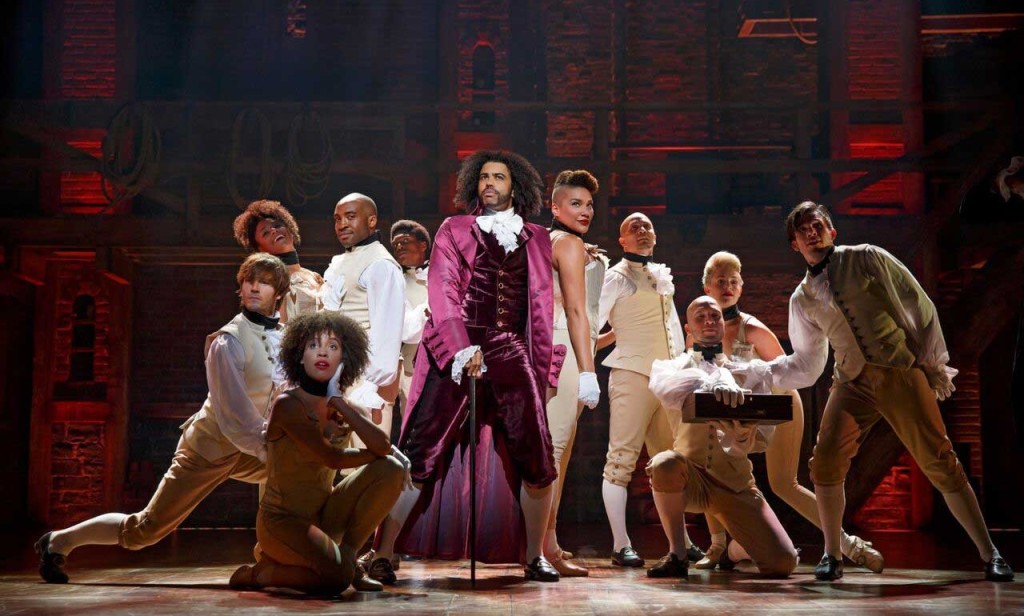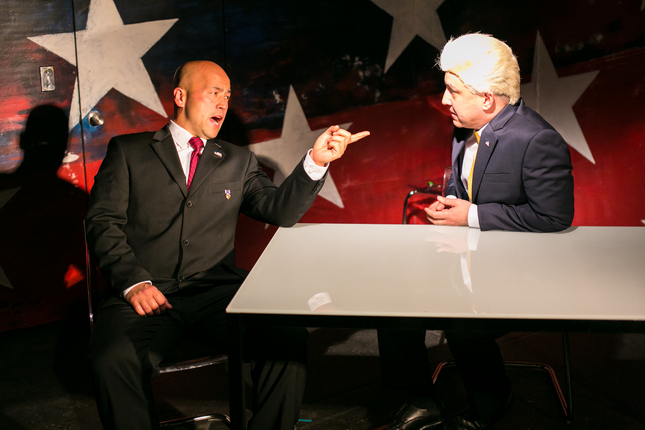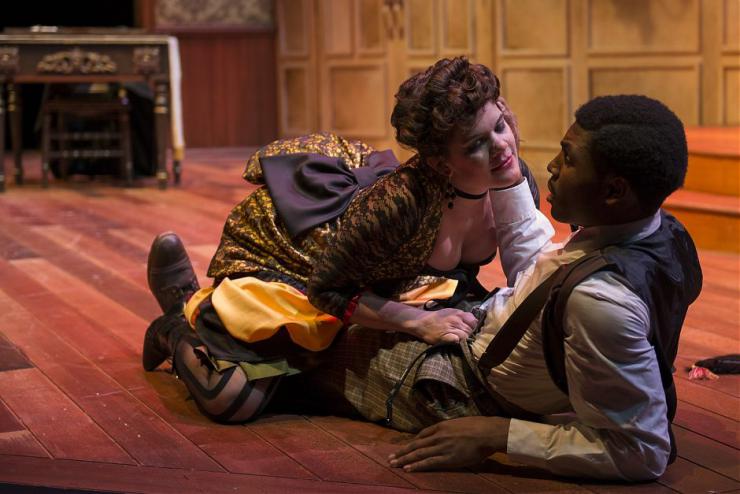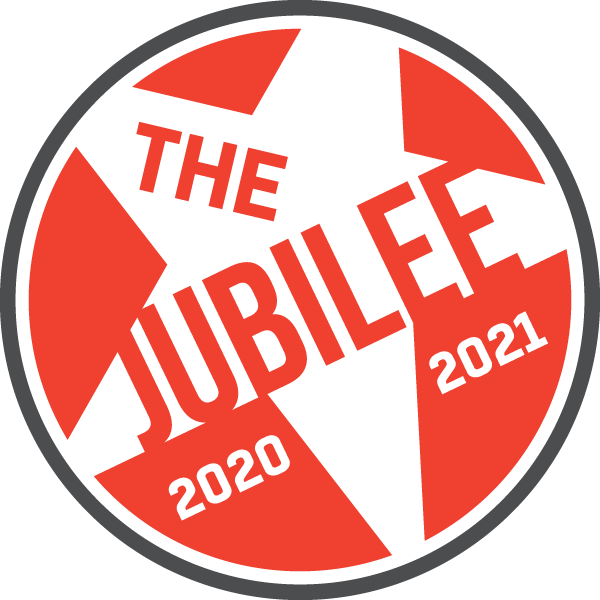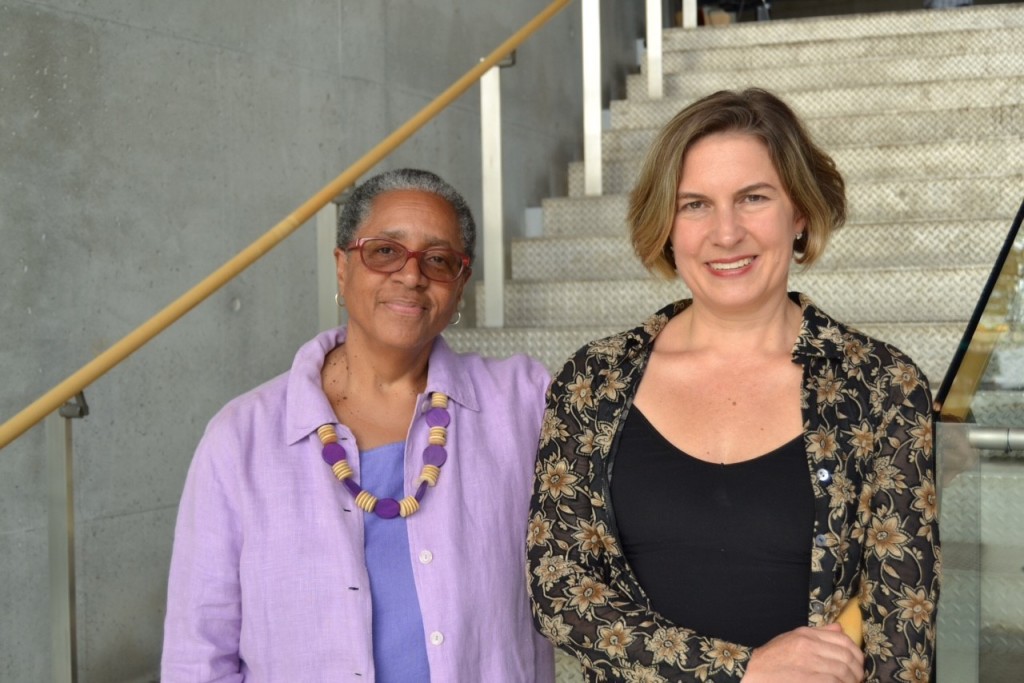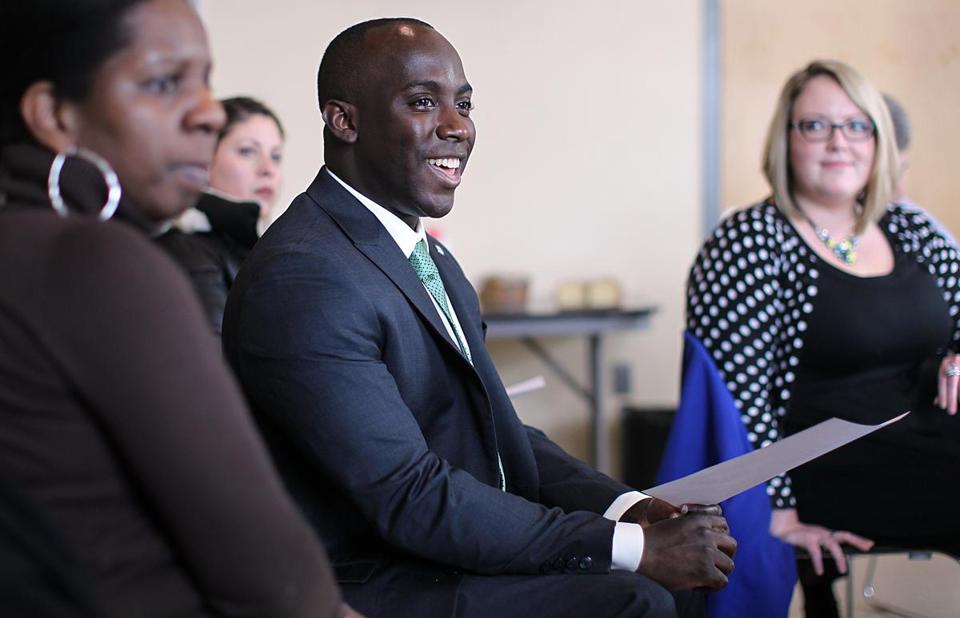Link Roundups feature articles and bits of internet goodness that our dramaturgy team digs up. If you find something you want to send our way, drop us a line on Facebook or Twitter!
♦♦♦♦♦
The Atlantic has an article exploring the history and future of the National Endowment for the Arts as it approaches its 50th anniversary:
Fifty years ago, the National Endowment for the Arts was created to address just such inequity. On September 29, 1965, President Lyndon B. Johnson signed the National Endowment for the Arts into existence, along with a suite of other ambitious social programs, all under the rubric of the Great Society. Johnson imagined these programs as ways to serve “not only the needs of the body and the demands of commerce but the desire for beauty and the hunger for community.”
Half a century later, the ethos upon which the NEA was founded—inclusion and community—has been eroded by consistent political attack. As the NEA’s budget has been slashed, private donors and foundations have jumped in to fill the gap, but the institutions they support, and that receive the bulk of arts funding in this country, aren’t reaching the people the NEA was founded to help serve. The arts aren’t dead, but the system by which they are funded is increasingly becoming as unequal as America itself.
♦♦♦♦♦
Jack Reuler, Artistic Director of Mixed Blood Theatre in MN, lists 111 Nuggets for Being a Successful and Ethical Artistic Director on HowlRound:
Years ago a St. Paul kindergartener named Reuler was asked to demonstrate that he could count. As he got into three digits, he counted one hundred eight, one hundred nine, eleventy, eleventy-one… at which time he was stopped by his teacher and corrected, being told that it is, correctly, one hundred ten and one hundred eleven. The five-year-old responded “If 81 is eighty-one and 91 is ninety-one, then 111 is eleventy-one!” and held his ground. While that may have, in another time, led to a diagnosis of oppositional defiance disorder, that young contrarian became determined to live a life in which things aren’t always what they appear to be or what others name them to be. My fascination with the symmetry of numbers remains to this day and so having 111 (eleventy-one) nuggets that I have gleaned through decades of leading a regional theatre in America will, hopefully, save years of discovery through trial and error for new artistic directors.
